Dogs, much like humans, can experience anxiety, which may manifest in various behaviors and can be influenced by genetics, environment, and individual temperament. Certain dog breeds are predisposed to feeling anxious due to their history, breeding, and inherent traits. Understanding these breeds is crucial for prospective pet owners who wish to provide a nurturing environment that meets their dog’s specific emotional needs. This article explores the 15 most anxiety-prone dog breeds on the planet, delving into why these particular breeds may experience higher levels of stress and anxiety and how owners can support them.
1. German Shepherd
German Shepherds are known for their intelligence, loyalty, and versatility as working dogs. However, their sensitive nature and strong attachment to their owners can make them prone to separation anxiety. German Shepherds thrive on structure and may become anxious if their routine is disrupted or if they’re left alone for extended periods. Early socialization and consistent training can help mitigate anxiety, providing them with the confidence and security they need.
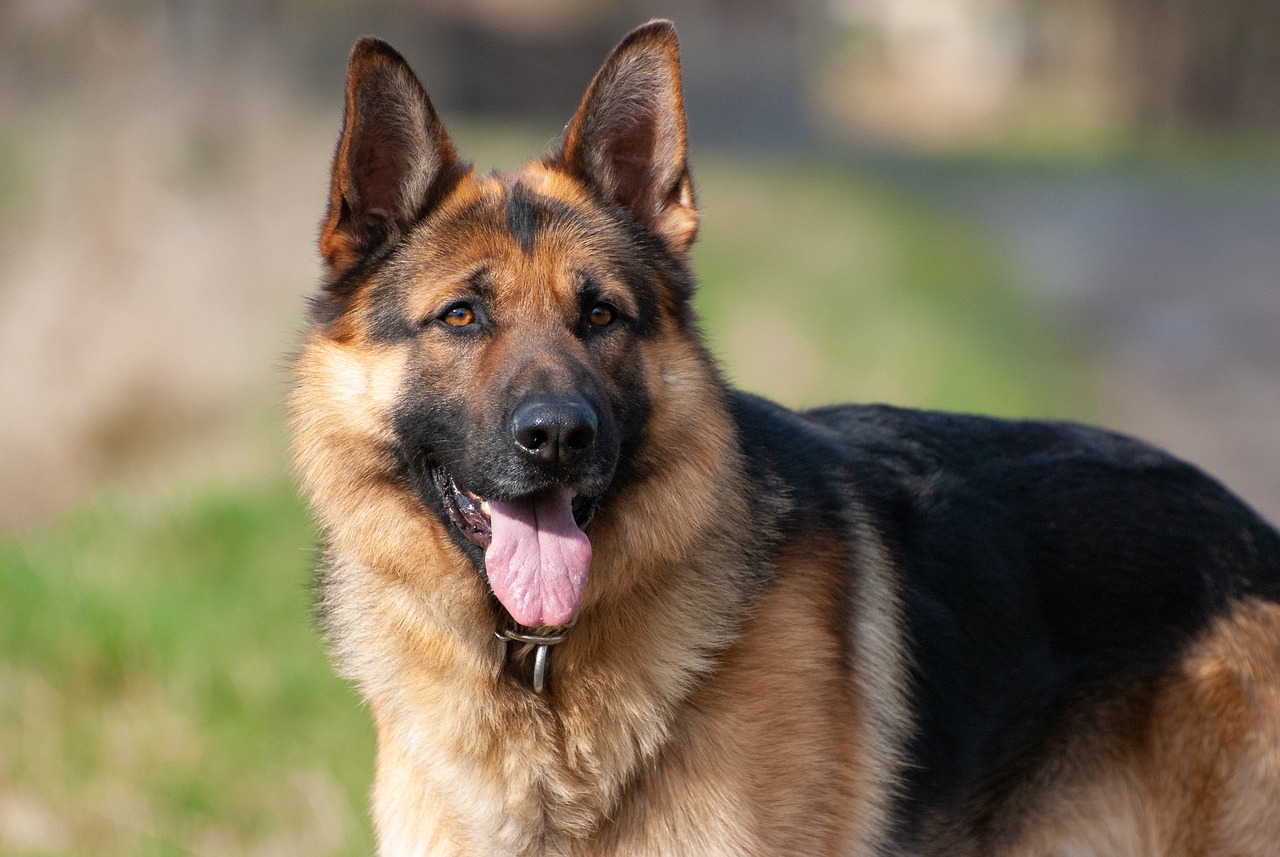
2. Border Collie
Border Collies are highly intelligent and energetic dogs that require ample mental and physical stimulation. Bred for herding, they possess a natural drive to work and can become anxious if not given enough activity or attention. Their acute sensitivity to their environment and owner’s emotions also contributes to potential anxiety, making it essential to provide them with a balanced routine that includes both exercise and relaxation.
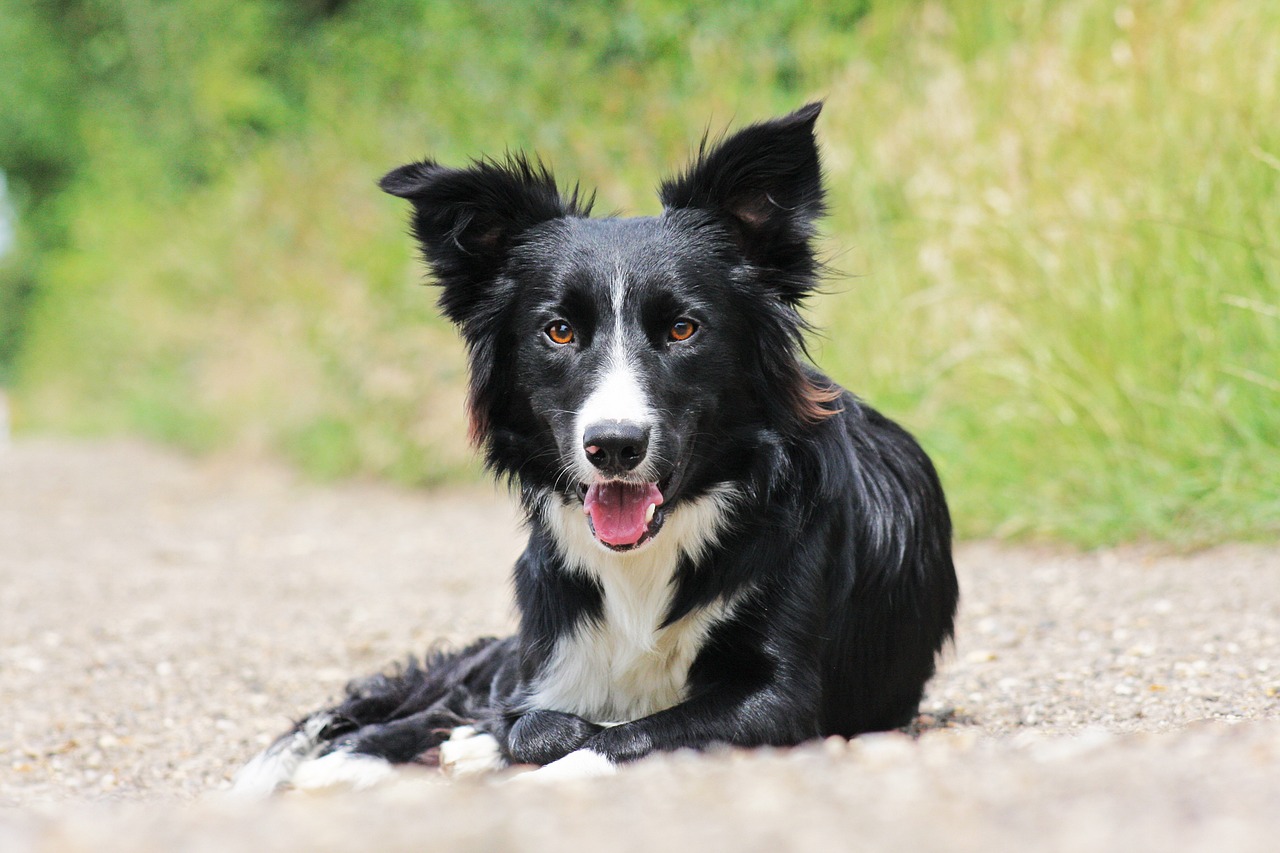
3. Chihuahua
Chihuahuas may be small in size, but they can have big personalities and equally significant anxiety levels. They form intense bonds with their owners and can suffer from separation anxiety when apart. Additionally, their size makes them more susceptible to feeling vulnerable, which can lead to anxious behaviors, especially in unfamiliar or crowded environments. Providing a secure and loving home, along with gentle socialization, can help ease their anxiety.
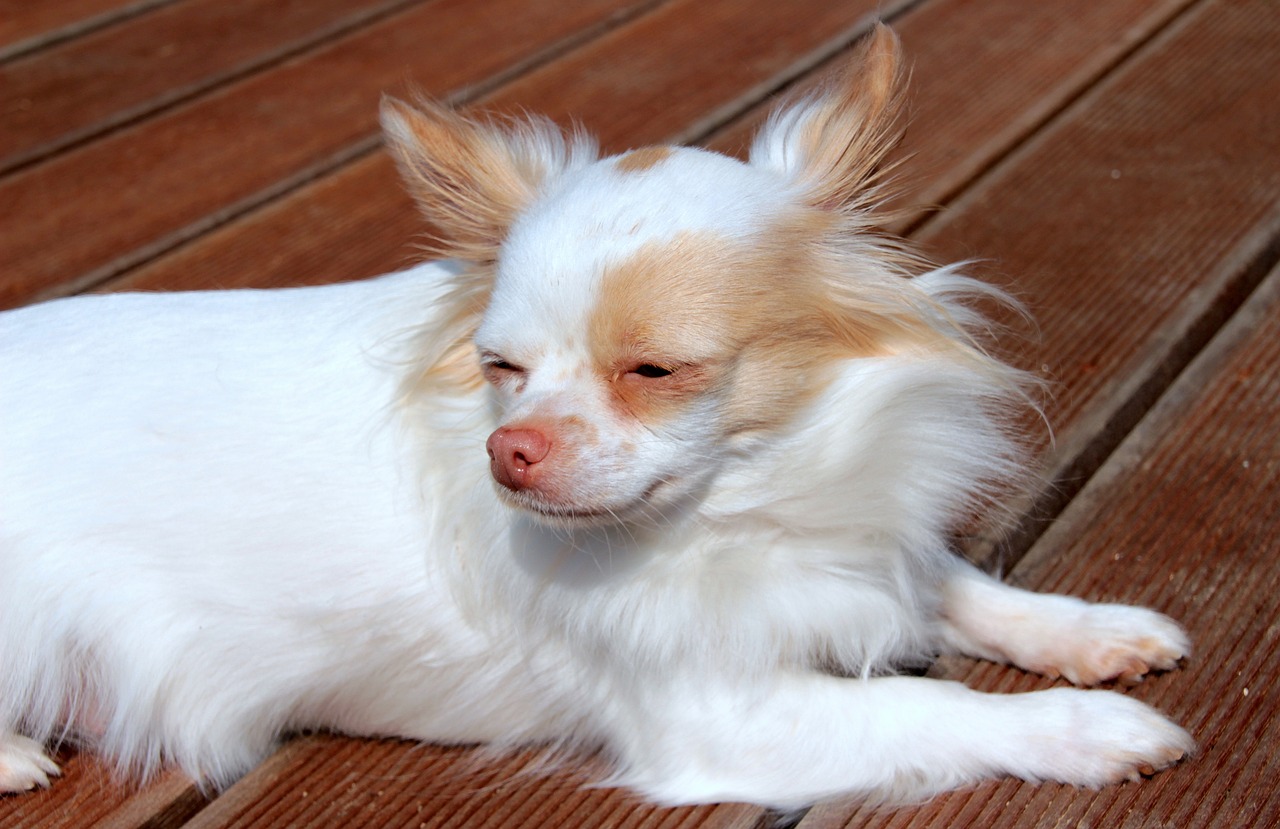
4. Labrador Retriever
Labrador Retrievers are beloved for their friendly and outgoing nature, but they can also experience anxiety, particularly related to separation from their owners. Labs are highly social and may become distressed when left alone, leading to destructive behaviors or excessive barking. Ensuring they have adequate companionship, stimulation, and exercise can help manage their anxiety and keep them happy and healthy.
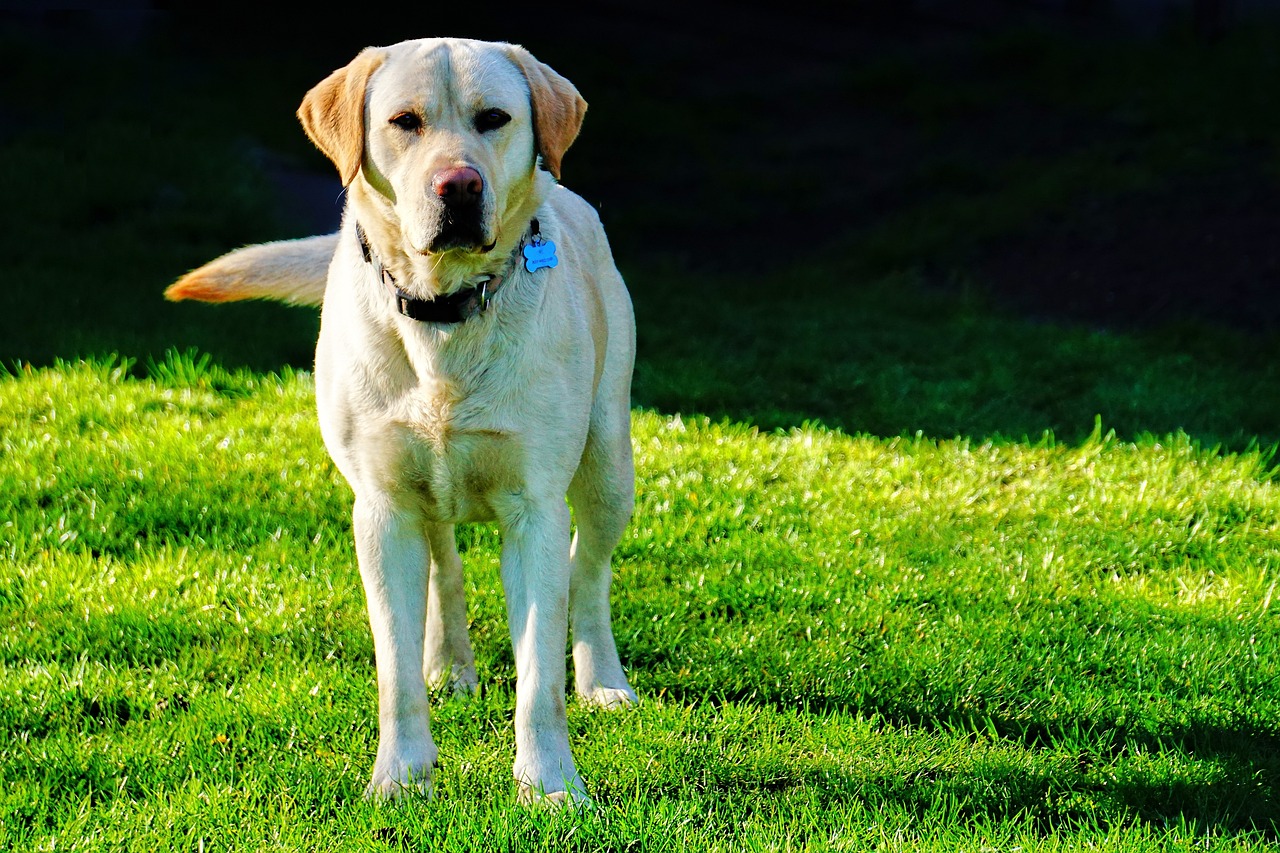
5. Cocker Spaniel
Cocker Spaniels are affectionate and gentle, but they can be prone to anxiety, especially in response to loud noises or being left alone. Their sensitive nature means they can easily become overwhelmed, leading to anxious behaviors. Providing a calm environment, along with positive reinforcement training, can help reassure and stabilize anxious Cocker Spaniels, ensuring they feel secure and loved.
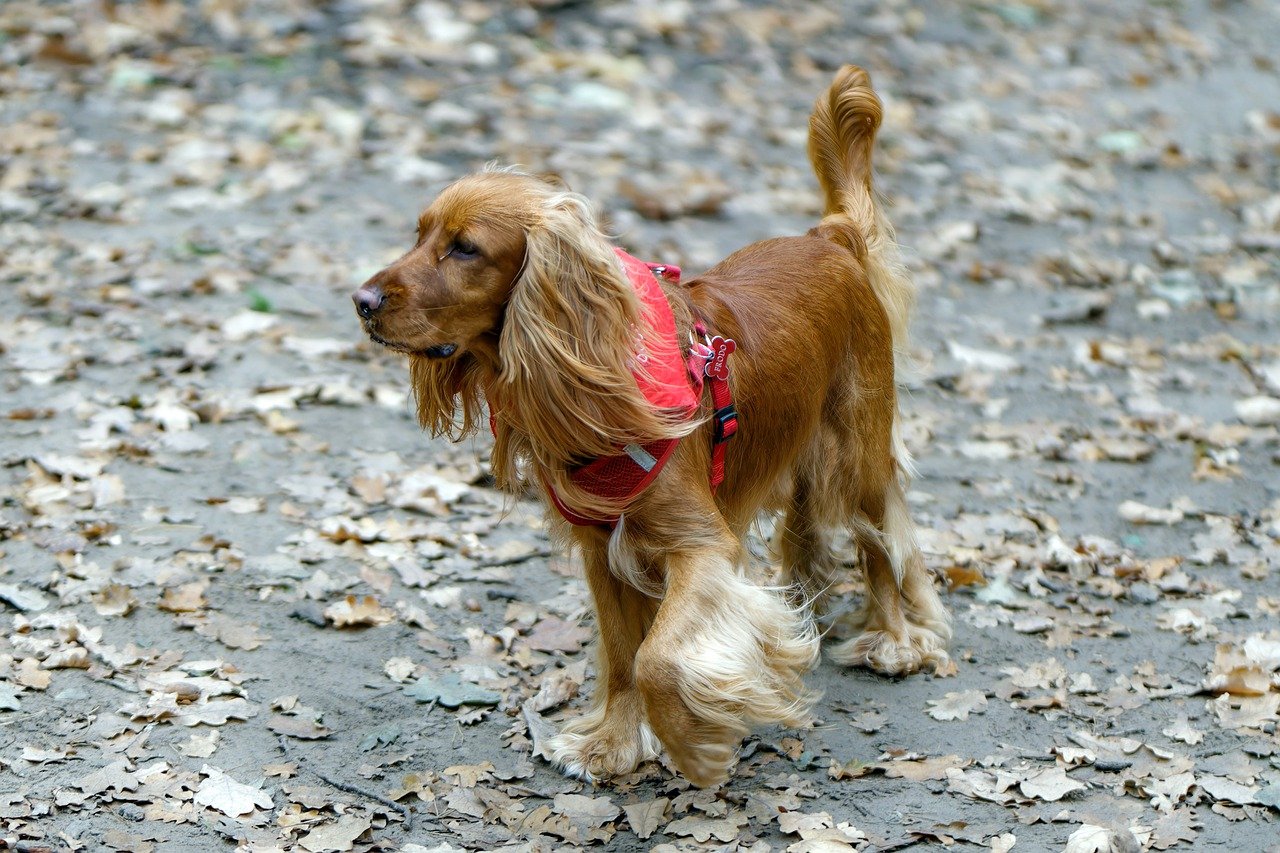
6. Jack Russell Terrier
Jack Russell Terriers are energetic and fearless, but their intense nature can sometimes manifest as anxiety, particularly if they’re not given enough physical and mental stimulation. Their propensity for digging, barking, and chasing can be exacerbated by anxiety, making it important to engage them in regular, structured activities to channel their energy positively.
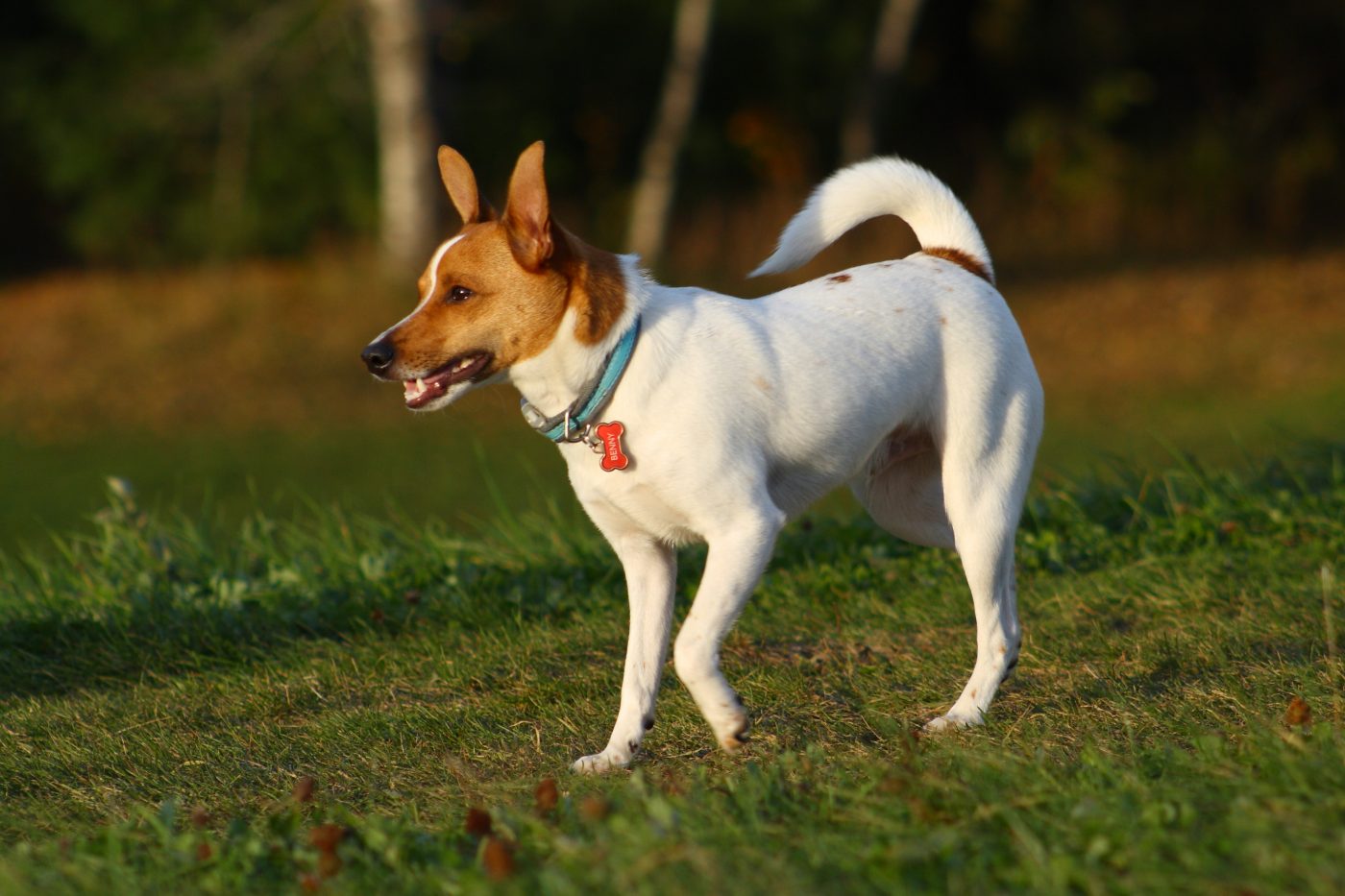
7. Bichon Frise
Bichon Frises are known for their cheerful disposition, but they can suffer from separation anxiety due to their strong bond with their owners. They thrive on companionship and can become anxious when left alone, which may lead to destructive behavior or excessive barking. Ensuring they have plenty of social interaction and mental stimulation can help alleviate their anxiety.
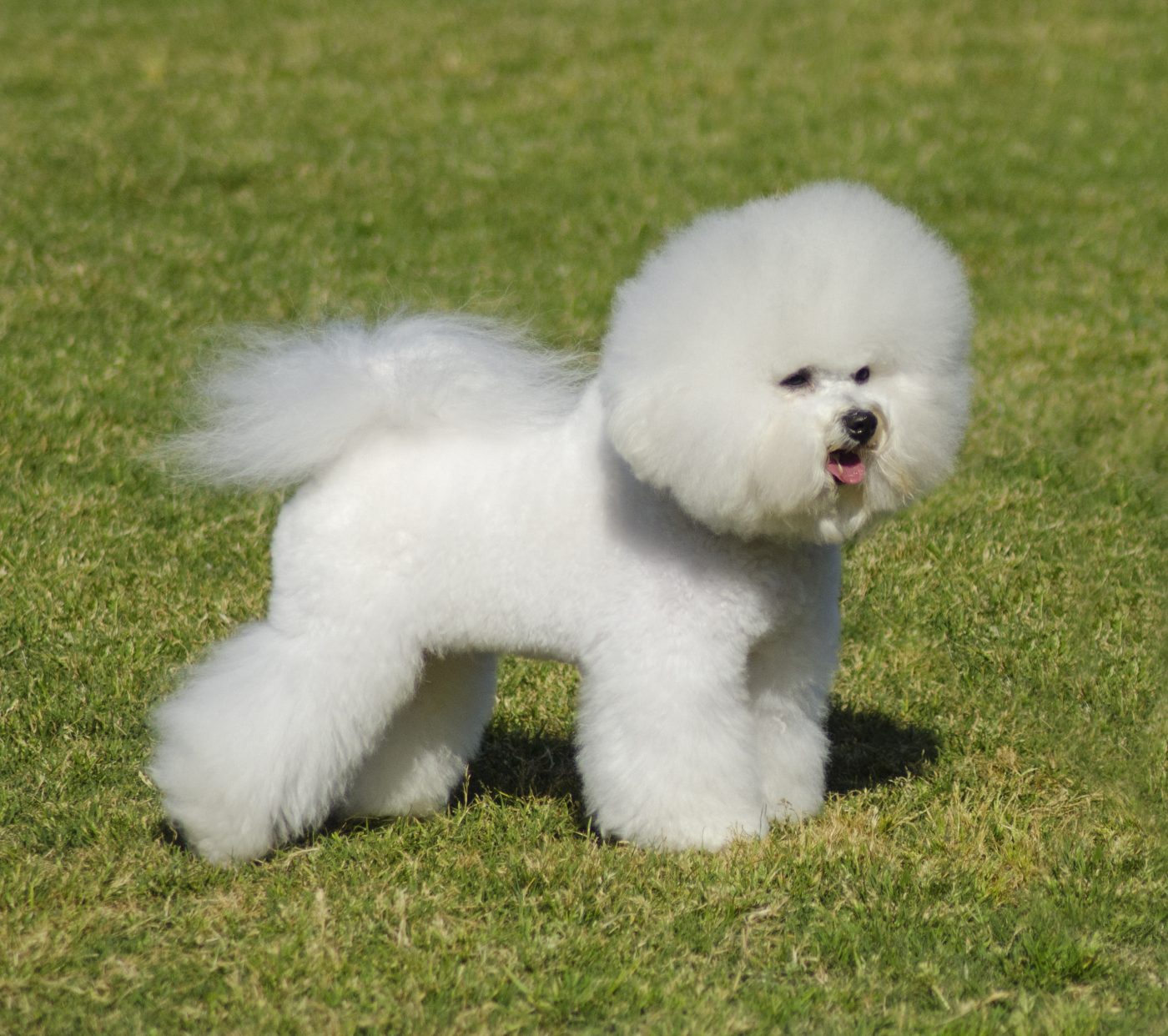
8. Dachshund
Dachshunds, with their bold and curious nature, can also be prone to anxiety, particularly related to separation or unfamiliar situations. Their strong attachment to their owners can make them uneasy when alone, and their hunting instincts may cause anxiety in environments where they feel their territory is threatened. Providing reassurance through consistent training and companionship can help manage their anxiety levels.
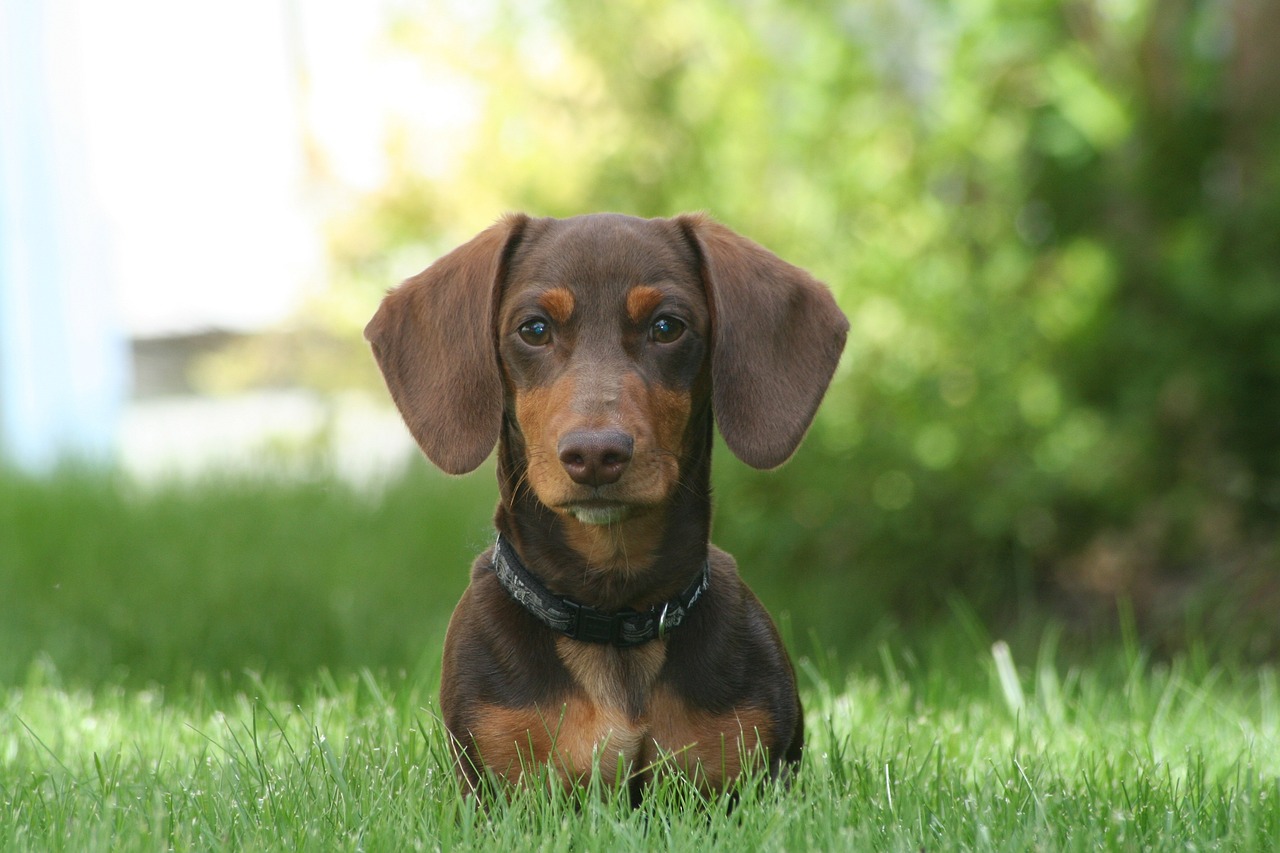
9. Australian Shepherd
Australian Shepherds are highly intelligent and active dogs that require a lot of engagement. Without proper exercise and mental challenges, they can develop anxiety, often displayed through destructive behavior or hyperactivity. Their work-oriented nature means they thrive on having tasks to perform, so involving them in activities like agility training or herding can help reduce anxiety by giving them a sense of purpose.
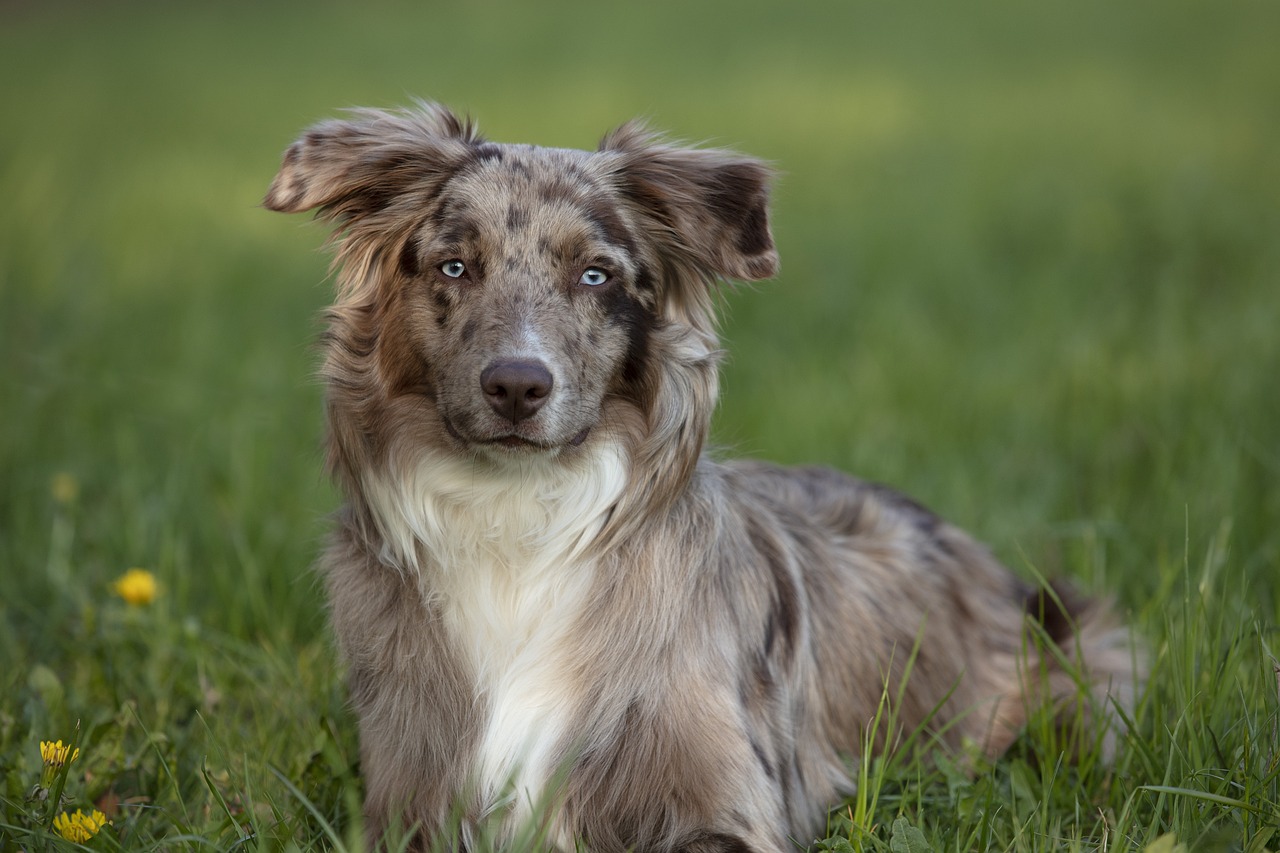
10. Poodle
Poodles are extremely intelligent and sensitive dogs that can become anxious if not properly stimulated mentally and socially. They can develop separation anxiety or become anxious in noisy or chaotic environments. Providing a structured routine, along with regular socialization and challenging activities, can help keep their anxiety at bay and ensure they remain well-adjusted companions.
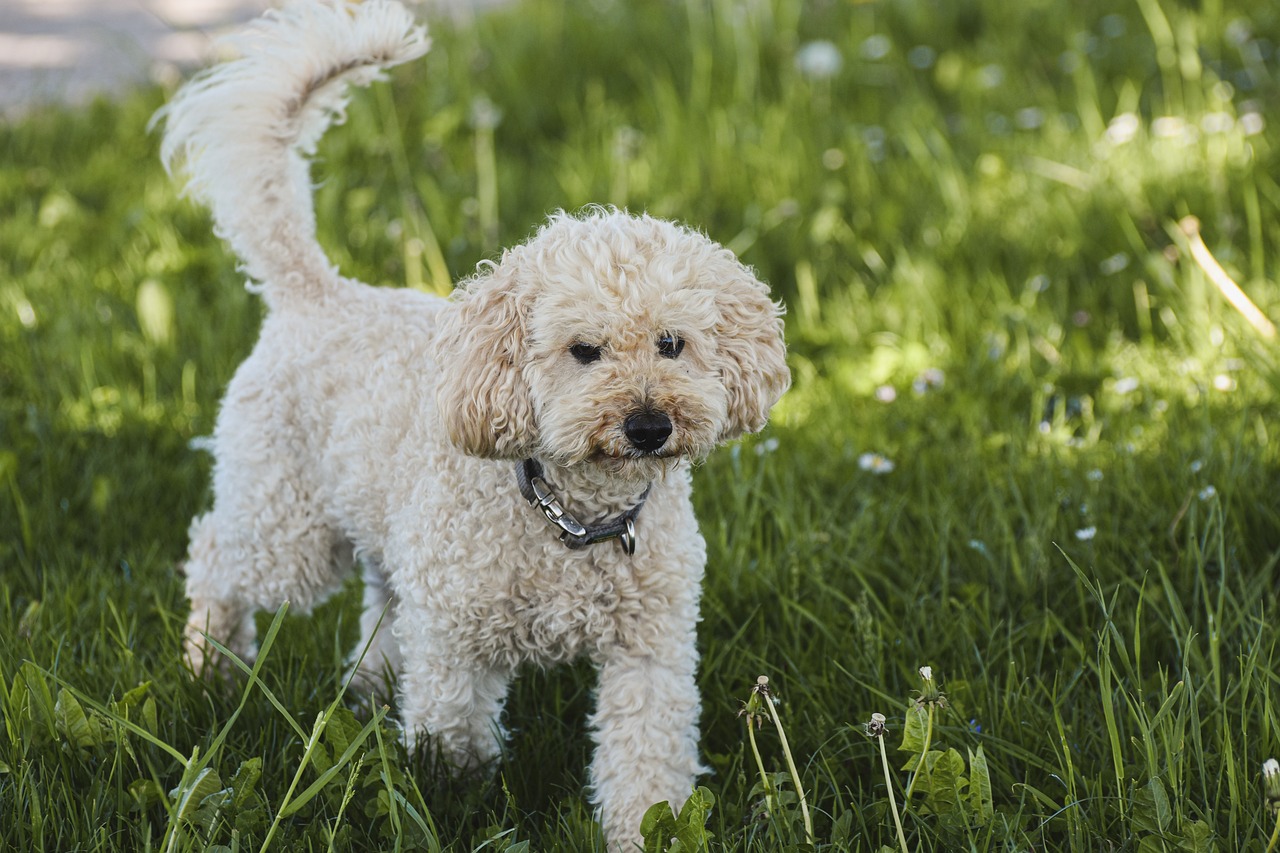
11. Shih Tzu
Shih Tzus are affectionate and thrive on human companionship, making them susceptible to separation anxiety. Their need for constant attention can lead to stress when they’re left alone, potentially resulting in anxious behaviors. Ensuring they have a comforting environment and are gradually accustomed to spending time alone can help ease their anxiety.
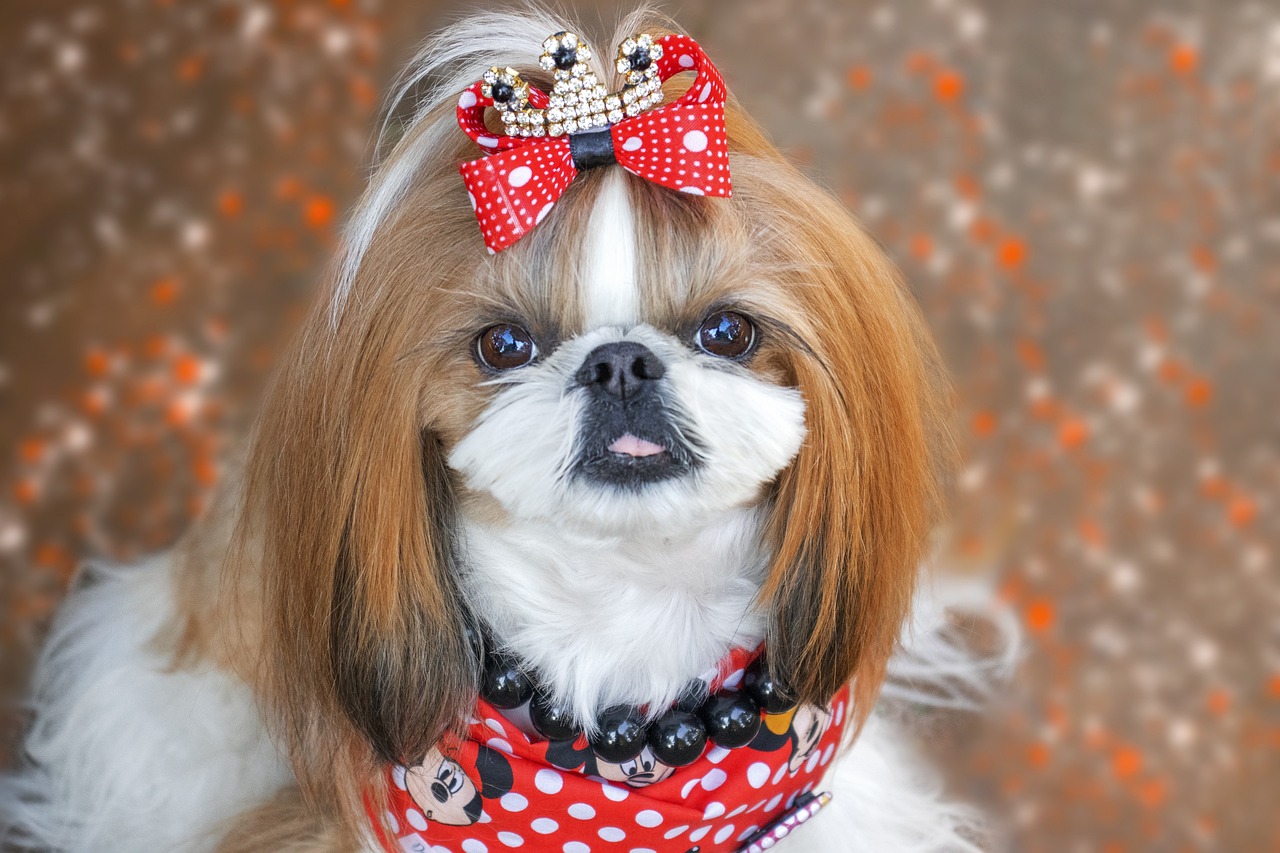
12. Greyhound
Greyhounds, known for their racing background, can be prone to anxiety, particularly in response to loud noises or fast-paced environments. Their sensitive nature requires a calm and predictable environment to feel secure. Providing them with a quiet space of their own and using positive reinforcement techniques can help manage their anxiety.
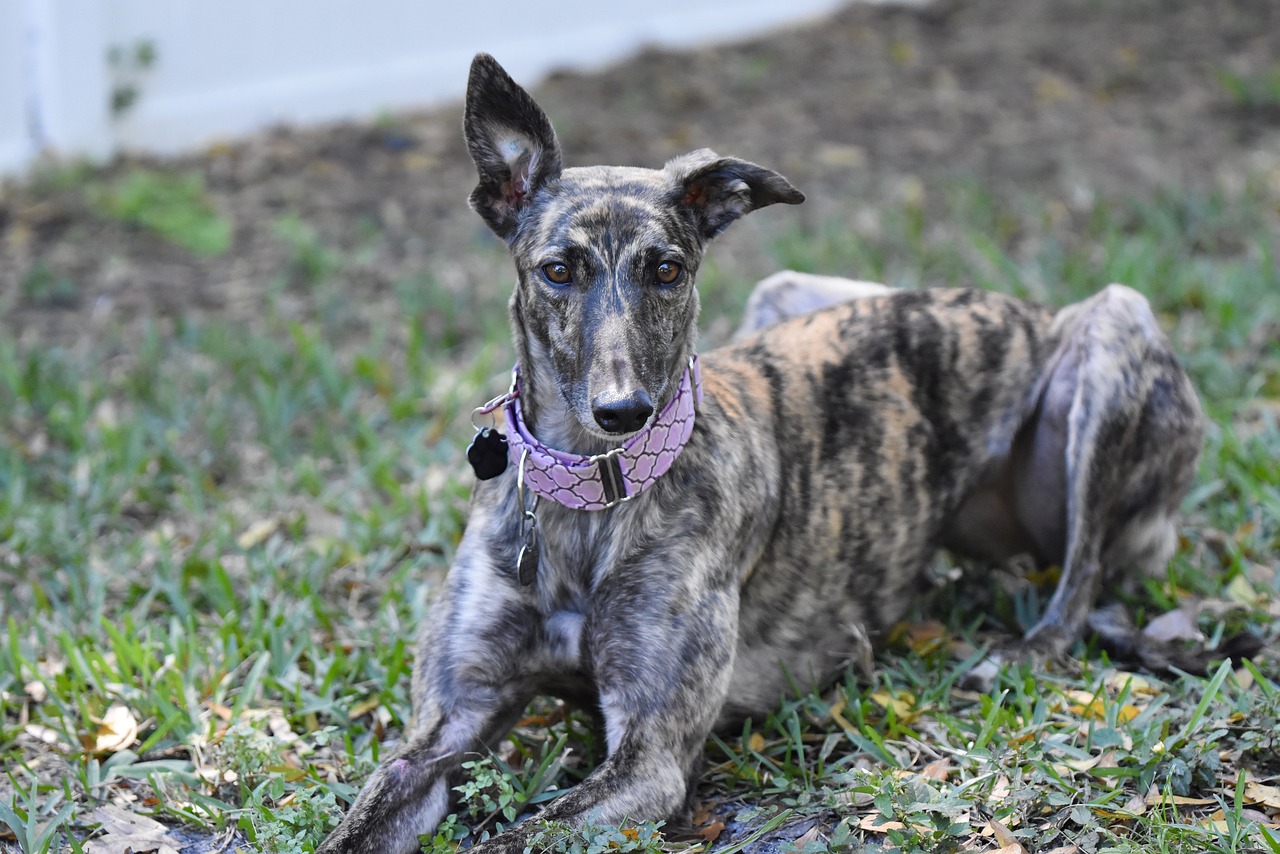
13. Cavalier King Charles Spaniel
Cavalier King Charles Spaniels are loving and gentle, but their deep attachment to their owners can lead to separation anxiety. They prefer to be in the company of their humans and can become anxious when left alone. Creating a reassuring routine and gradually acclimating them to short periods of solitude can help minimize their anxiety.
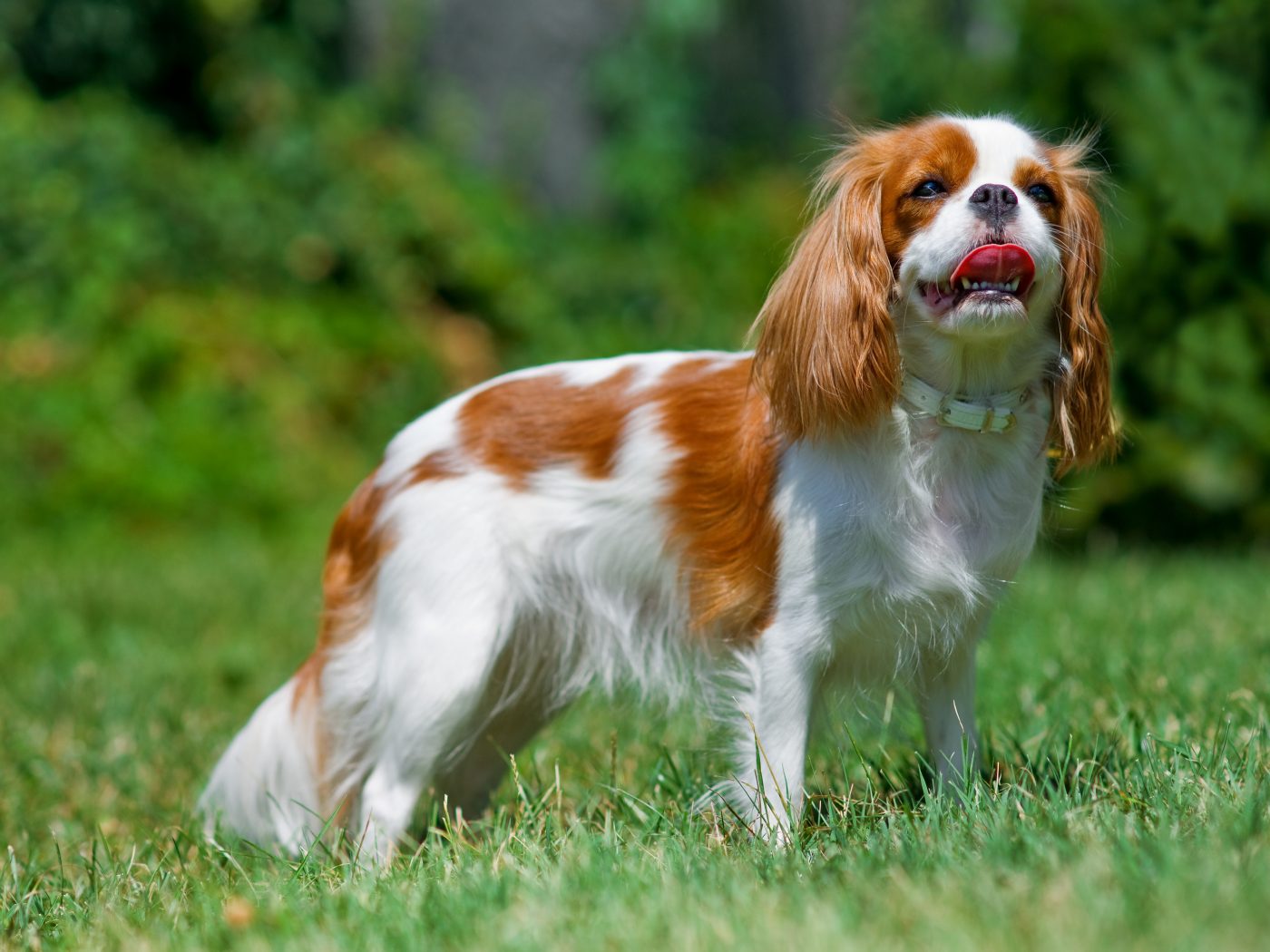
14. Yorkshire Terrier
Yorkshire Terriers may be small, but their personalities are anything but. They can develop anxiety related to separation, unfamiliar situations, or loud noises. Their terrier nature means they can be feisty and sometimes anxious, especially if they’re not given enough attention or stimulation. Consistent training and socialization can help mitigate their anxiety, ensuring they feel secure and loved.
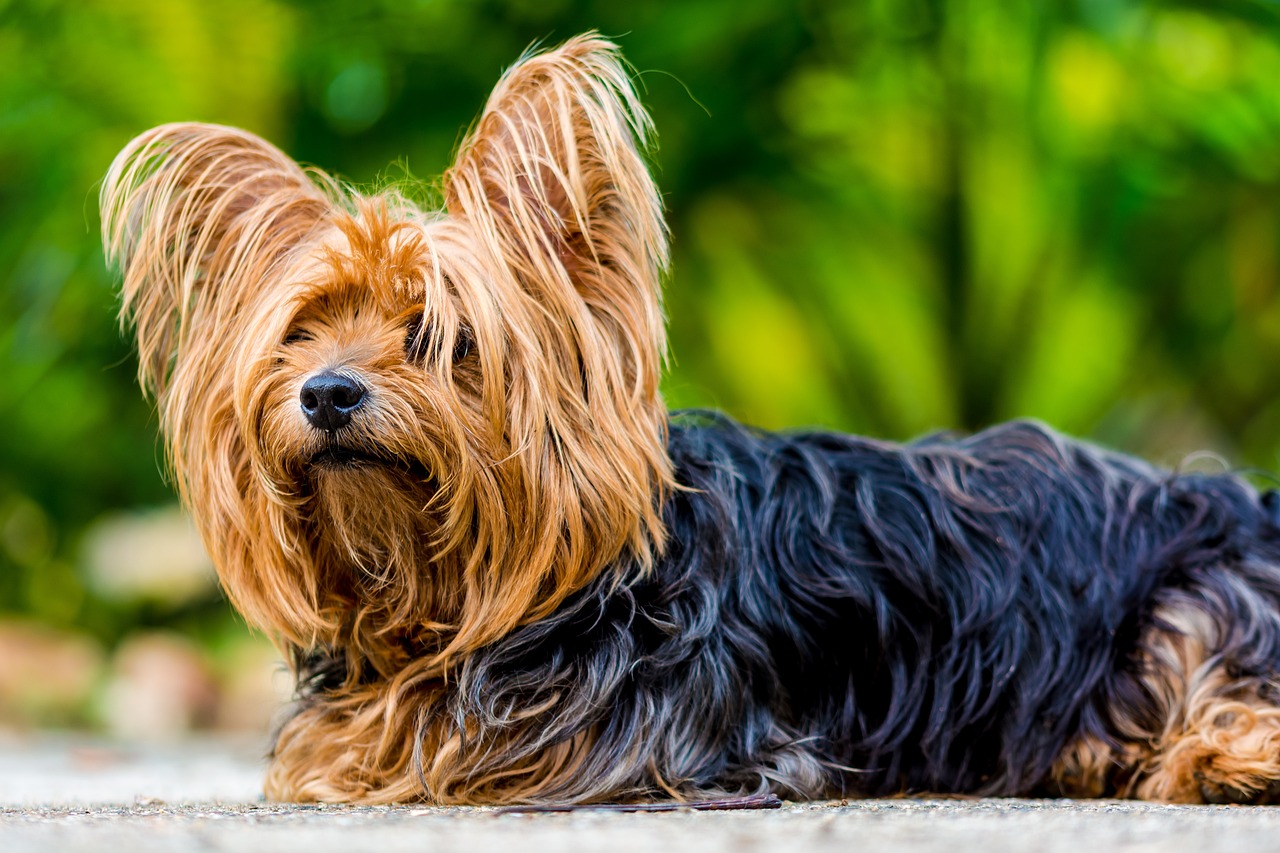
15. Whippet
Whippets are calm and affectionate but can be prone to anxiety, especially in response to separation or loud noises. They form strong bonds with their families and prefer a peaceful environment. Ensuring Whippets have a routine that includes regular exercise and companionship can help manage their anxiety and provide them with the stability they need to thrive.
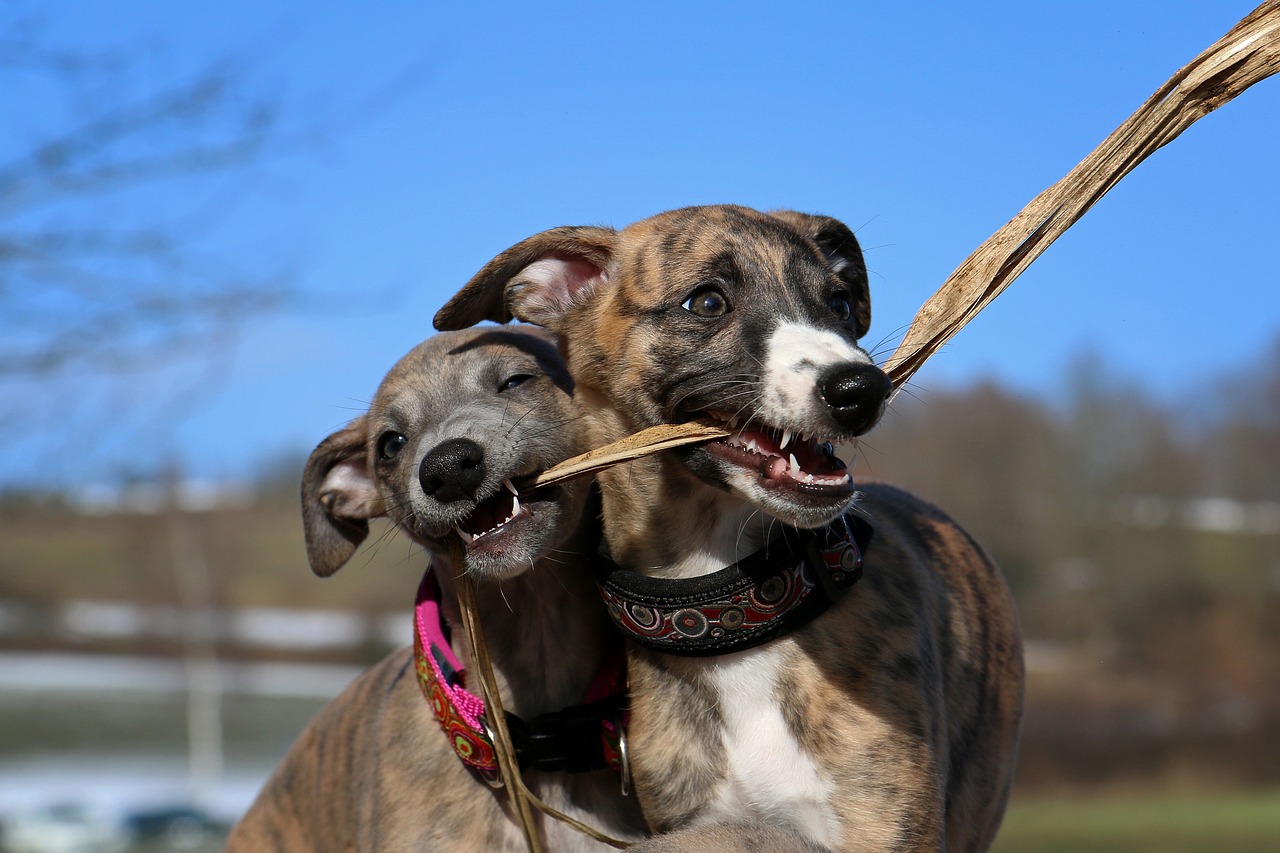
While anxiety can be a challenge for both dogs and their owners, understanding the specific needs and triggers of these breeds is the first step toward providing a supportive environment. With patience, training, and plenty of love, the most anxiety-prone dog breeds can lead happy, fulfilled lives as cherished family members. By recognizing and addressing their emotional needs, owners can forge even deeper bonds with their canine companions, based on mutual trust and understanding.
 Toledo, United States.
Toledo, United States.